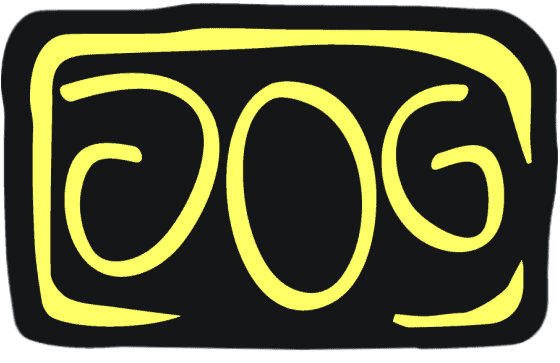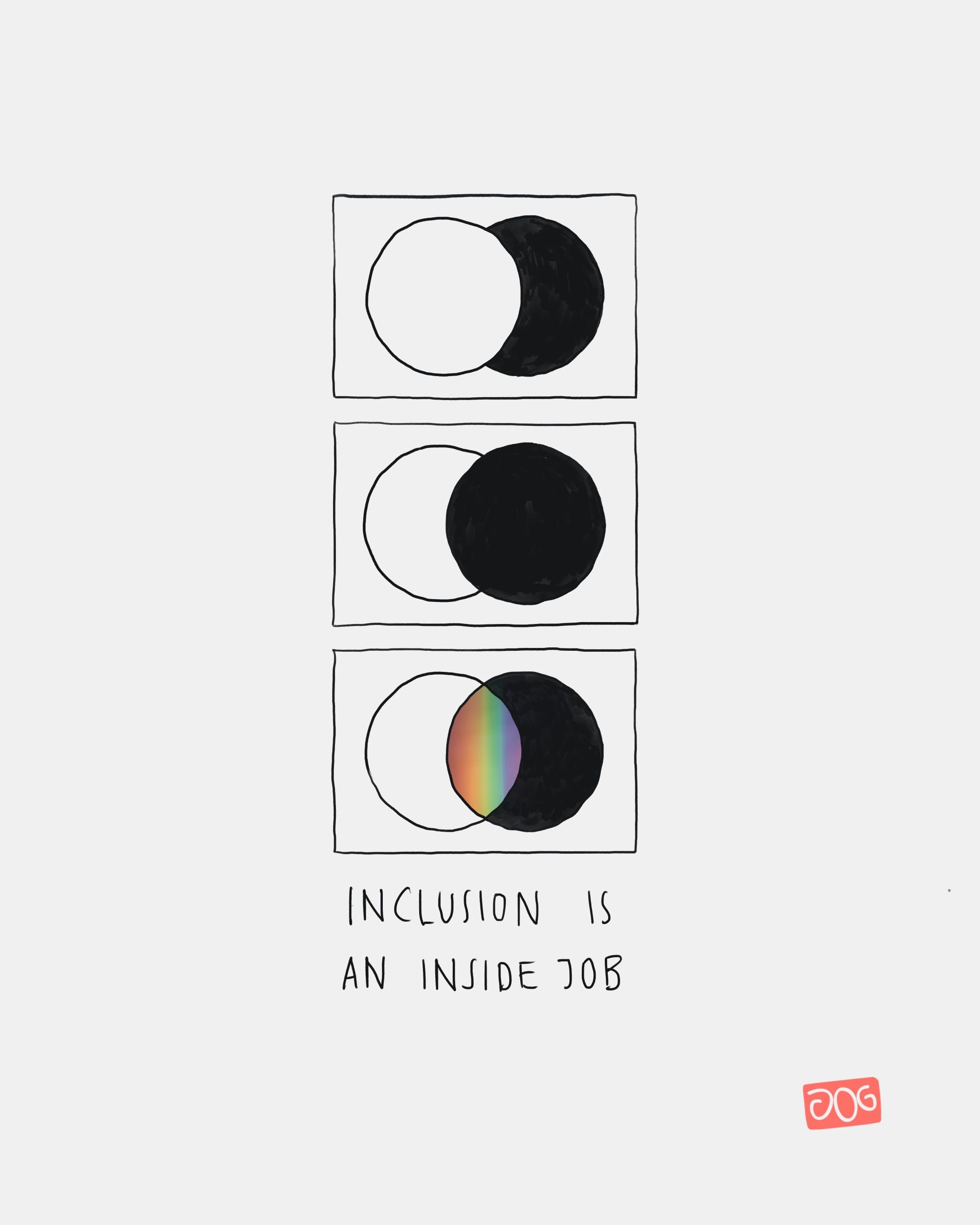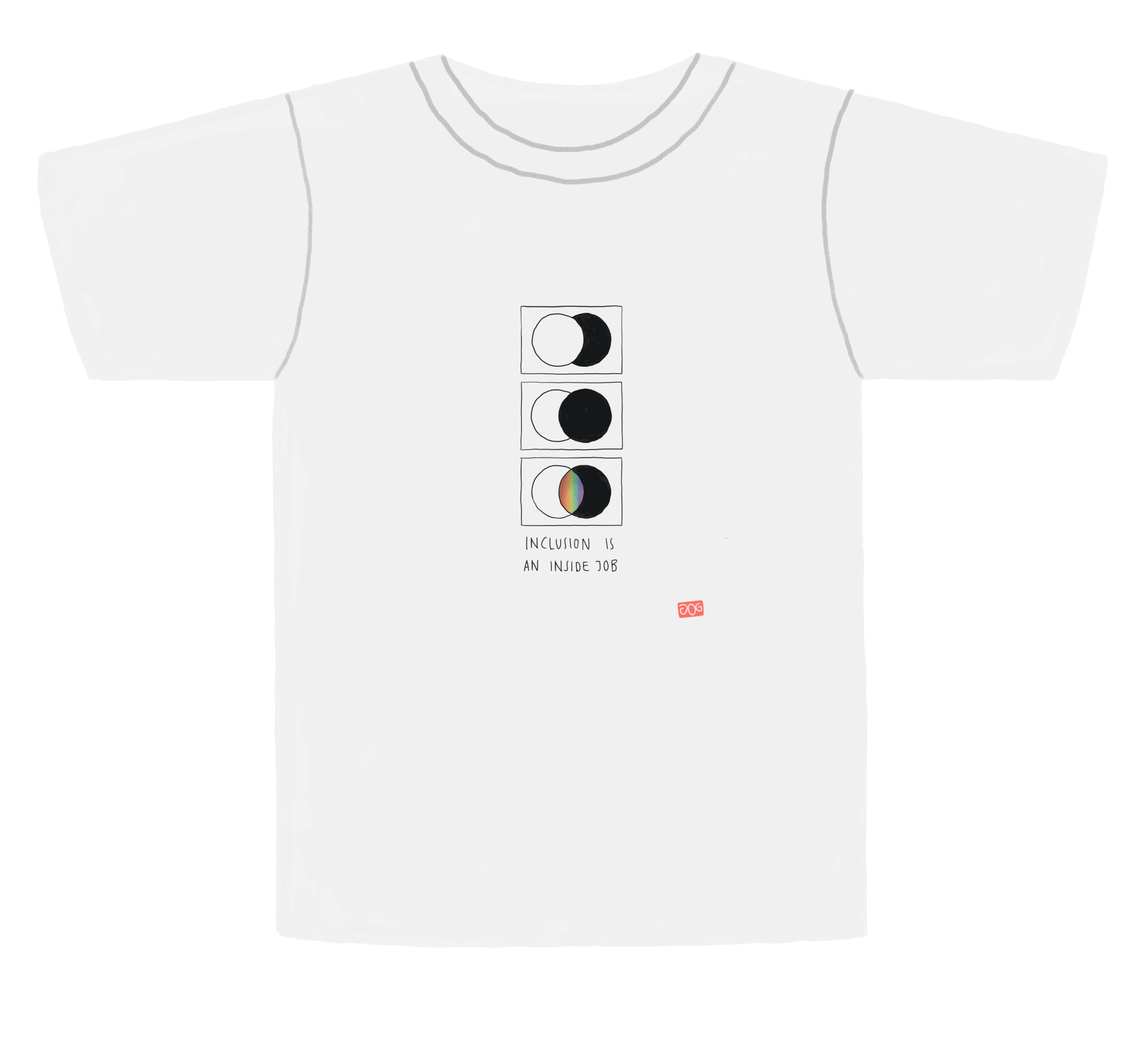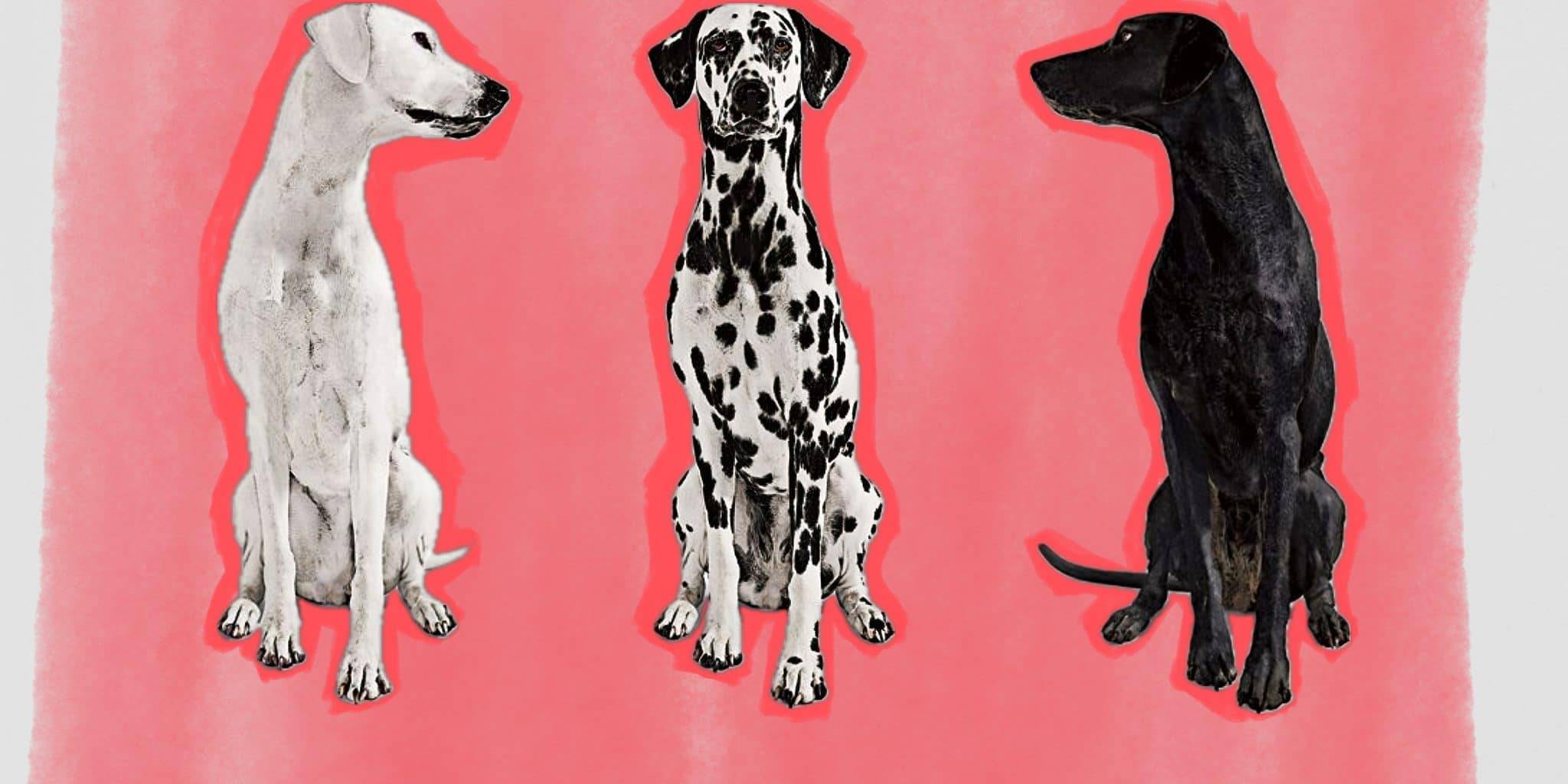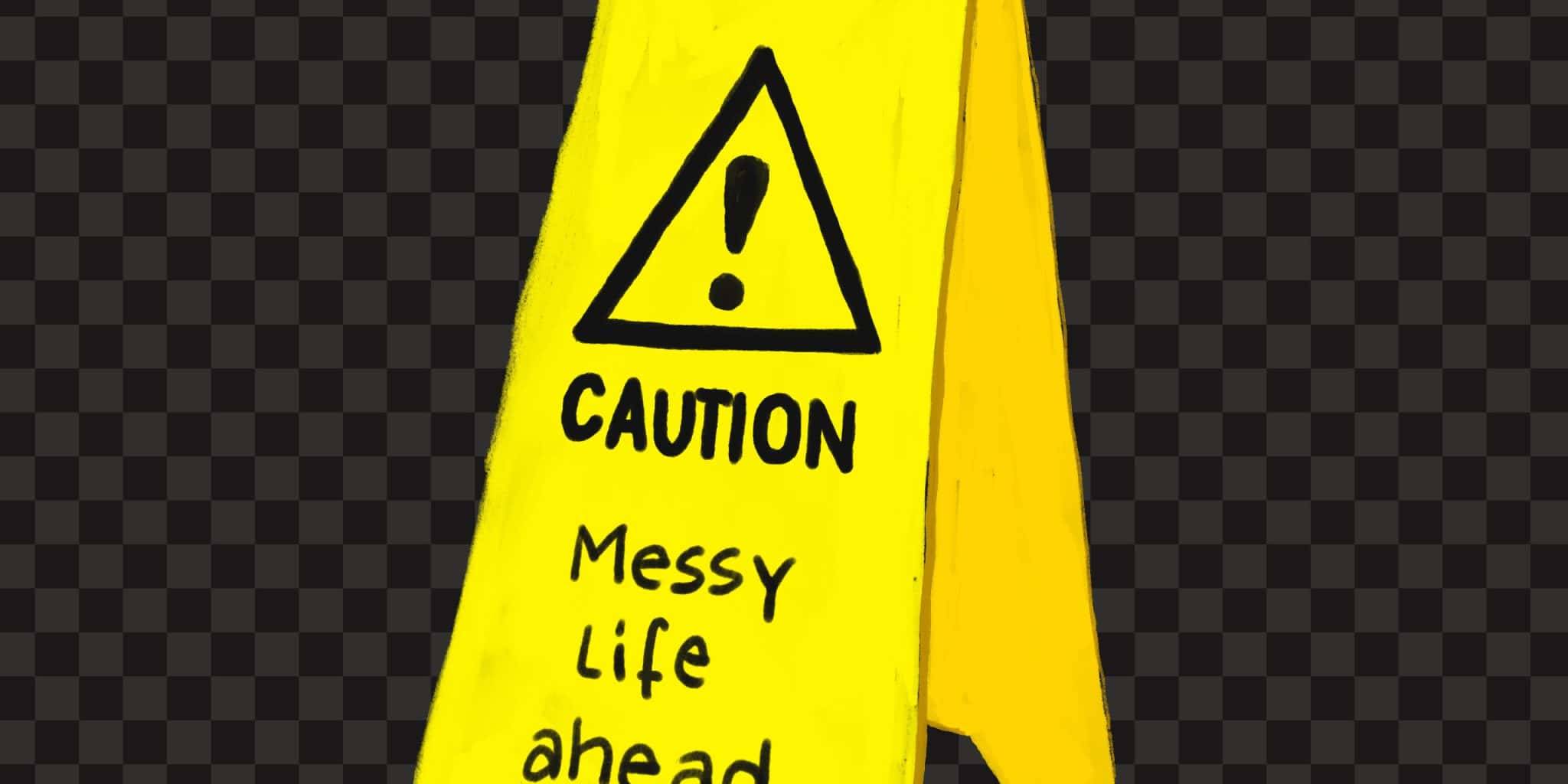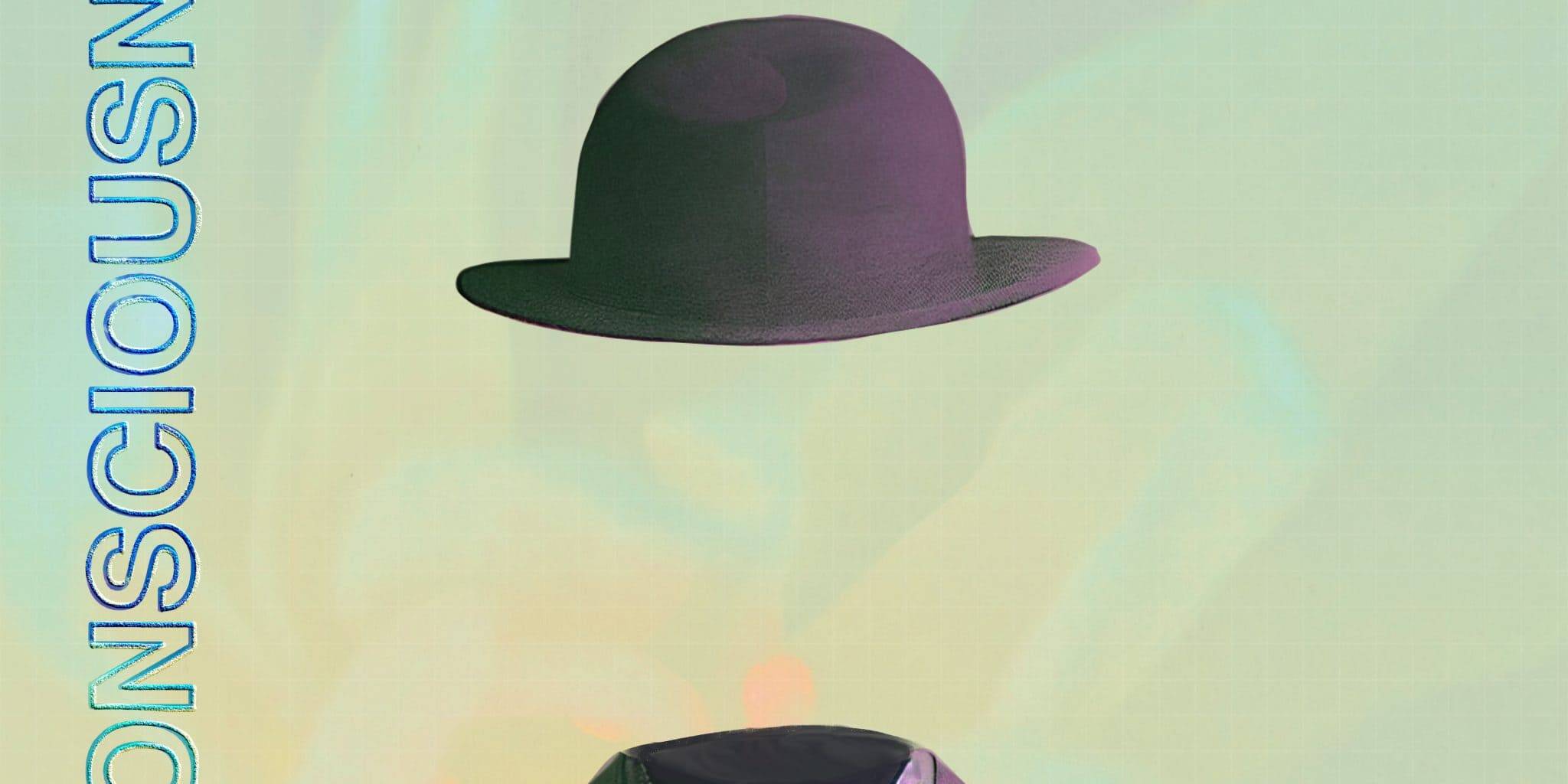Inclusion is an inside job
Real inclusion starts with us.
We often believe it’s someone else’s job to make us feel included. We think it’s their biases, prejudices, or discriminatory behavior that are the barriers. And yes, they might be full of those things. But the truth is, we can’t change other people unless they want to change.
As human beings, we are inherently full of paradoxes and contradictions that we might not even recognize. This is where awareness comes into play. It is the game changer. By becoming more self-aware, we can start to observe ourselves more closely – our thoughts, emotions (like anger, disgust, fear, jealousy etc. ), judgments, and behavioral patterns.
When we look inward, we begin to uncover these hidden aspects of ourselves. Often the traits or behaviors we notice and react to in others are reflections of unresolved issues within ourselves. For example, if we feel a strong negative reaction towards someone, it might be because they are displaying something we dislike or struggle with in ourselves.
Self-awareness requires brutal honesty and a willingness to confront uncomfortable truths about ourselves.
Awareness allows us to see these patterns and understand their roots. By recognizing our own biases, prejudices, and emotional triggers, we can start to work on them. This self-reflection helps us become more open, compassionate and inclusive.
Self-awareness is an ongoing practice of observing, reflecting, and adjusting. It requires brutal honesty and a willingness to confront uncomfortable truths about ourselves. But through this work, we can start to change our behaviors and attitudes, leading to more meaningful connections with others.
Ultimately, by resolving our own inner conflicts and understanding our paradoxes, we can create a ripple effect. Our increased awareness can inspire others to embark on their own journeys of self-discovery and transformation.
In this way, we contribute to a more understanding and inclusive world, starting with ourselves.
You may also like
When opposites meet within
We often think that it’s on others to…
Messy life ahead
Why are children shielded from life’s…
Consciousness is transparent
At the core of who we are lies…
